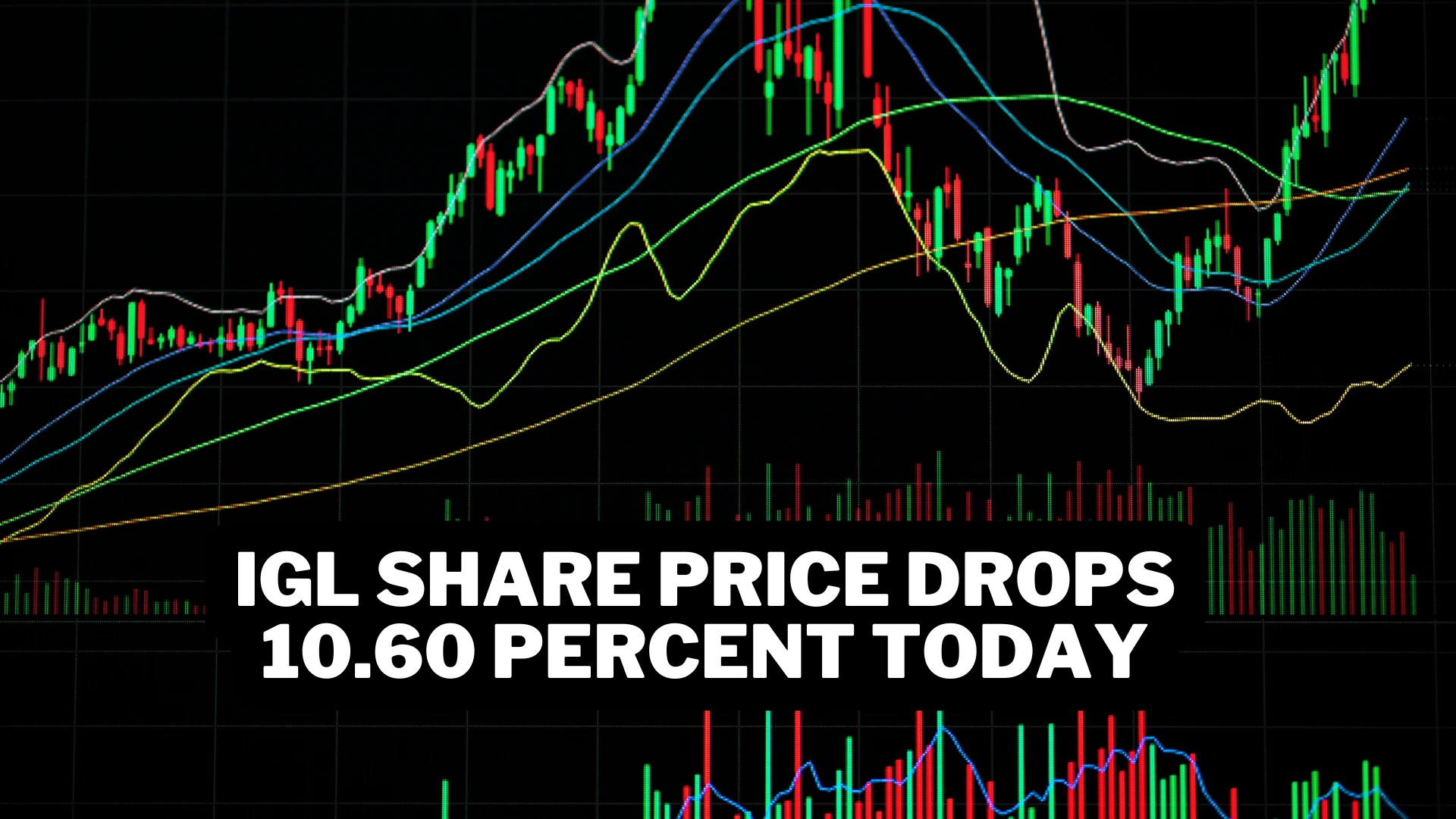Shares of JM Financial saw a notable decline on Friday following an order from the Securities and Exchange Board of India (SEBI) that temporarily halts the firm from leading public debt issues.
This move has significant implications for the company’s operations and market performance.
SEBI’s Restriction on JM Financial
Scope of SEBI’s Order
SEBI’s recent order specifically restricts JM Financial from managing public issues of debt securities.
It is crucial to note that this restriction does not extend to the firm’s activities related to equity instruments or other business operations.
This decision follows an interim order issued on March 7, allowing JM Financial to continue its role for 60 days while an investigation is conducted.
Basis of SEBI’s Investigation
The investigation by SEBI began as part of its routine examination of public issues of non-convertible debentures (NCDs) in 2023.
The probe focused on the roles played by JM Financial, its brokerage subsidiary JM Financial Services (JMFSL), and its non-banking financial company (NBFC) arm, JM Financial Products Limited (JMFPL).
The specific issue under scrutiny involved a base size of ₹200 crore with a green shoe option of ₹800 crore, managed by JM Financial.
Findings of SEBI’s Investigation
Funding and Exit Strategy
SEBI discovered that JM Financial Products Limited (JMFPL) had funded investors for the NCD issue and subsequently provided them with an exit, resulting in a financial loss.
This approach to managing subscriptions raised significant concerns regarding the integrity and transparency of the process.
Market Integrity Concerns
SEBI described the management of subscriptions as “shocking”, highlighting that the actions compromised market integrity and the fair discovery of prices.
This strong language underscores the severity of the regulatory body’s concerns and the potential impact on the broader market.
Impact on JM Financial Share Price
Immediate Market Reaction
In response to SEBI’s order, JM Financial’s share price dropped by 2.28%, settling at ₹85.32 near the start of trade on Friday.
This decline reflects investor concern over the regulatory action and its potential long-term implications for the firm’s operations and profitability.
Broader Market Implications
The restriction on JM Financial’s ability to manage public debt issues could have broader market implications, especially for the segments of the market where JM Financial has been a key player.
Investors and market participants will be closely watching how the firm adapts to this new regulatory environment and what measures it takes to restore confidence.
Strategic Response from JM Financial
Mitigating the Impact
In light of SEBI’s restrictions, JM Financial will need to strategize on mitigating the impact on its operations.
This could involve shifting focus to other areas of its business, such as equity instruments, where it is not currently restricted, or exploring new markets and opportunities.
Enhancing Compliance and Governance
To address SEBI’s concerns, JM Financial may also need to enhance its compliance and governance frameworks.
Implementing more stringent internal controls and ensuring greater transparency in its dealings will be crucial steps in rebuilding trust with regulators and investors alike.
Historical Context and Financial Performance
Recent Financial Performance
Before the regulatory issues came to light, JM Financial had been performing steadily.
The firm’s involvement in managing significant debt issues, such as the ₹200 crore base size NCD with a green shoe option of ₹800 crore, highlighted its prominent role in the financial markets.
Share Price Trends
JM Financial’s share price has experienced fluctuations in the past, influenced by various market factors and company-specific developments.
The recent drop adds to a history of volatility, which investors have had to navigate carefully.
Investor Sentiment and Future Outlook
Immediate Sentiment
The immediate reaction to SEBI’s order has been negative, as evidenced by the drop in share price.
Investors are wary of the potential for further regulatory scrutiny and the impact this could have on JM Financial’s revenue and growth prospects.
Long-Term Outlook
Looking ahead, JM Financial’s ability to recover will depend on how effectively it addresses the issues raised by SEBI and adapts to the new regulatory landscape.
A robust response and clear communication with stakeholders will be essential in restoring confidence and driving future growth.
Conclusion
The recent news surrounding JM Financial’s share price decline and SEBI‘s order highlights the critical intersection of regulatory compliance and market performance.
As JM Financial navigates this challenging period, its strategic responses and ability to enhance its governance practices will play a crucial role in determining its future trajectory.
Investors will be closely monitoring these developments to gauge the long-term prospects of the firm.










